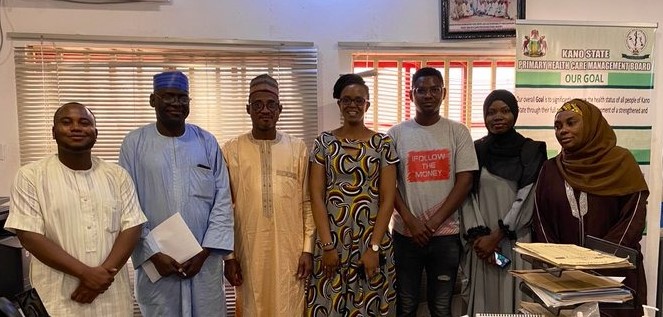Illicit Financial Flow: Malabu Scandal Robbed the Nigerian People of 1.1 Billion

Every year, Nigeria loses N18b to illegal movements of money or capital from the country– especially through the oil and gas industry, yet very little attention is paid to this illicit financial flow.
Illicit financial flows can be generated in a variety of ways that are not revealed in national accounts or balance of payments figures, including trade mispricing, bulk cash movements, and smuggling. This illegally earned money is transferred across the international border, usually aided by technology.
Despite the nation’s huge resources, which is now referred to as a curse, the Country’s inability to transform its resources as shared wealth and prosperity for all, is making it difficult to block financial leakages, as a large chunk of its earnings are being pocketed by a few and transferred illegally to other countries.
Guardian Newspaper records that Africa’s current losses to IFFs outweigh the continent’s aid and foreign direct investment as the prevailing development is further worsened by trade underpricing, mis-invoicing, oil theft and smuggling, weak regulations and enforcement.
Global Financial Integrity estimates that the annual value of trade-related IFFs in and out of developing countries has amounted to, on average, about 20 per cent of the value of their total trade with advanced economies.
IFFs pose a huge challenge to political and economic security around the world, particularly to developing countries. Corruption, organized crime, illegal exploitation of natural resources, fraud in international trade and tax evasion are as harmful as the diversion of money from public projects.
It is for this reason, Connected Development [CODE], in collaboration with OXFAM Novib, is galvanizing Nigerian citizens against corruption. The fight against corruption is not just for government agencies but citizens must take this as an obligation for a better Nigeria. Civil Society Organisations also have a responsibility to speak against this misnomer, enhance citizens capacity and amplify issues of illicit financial flows till urgent action is taken to address it.
CODE will be leveraging its social accountability platform, “Follow The Money”, to amplify data, infographics and relevant information on illicit flow of funds by public officials. Having also realised the strengthening of the Federal Audit Service Commission Bill that ensures violating companies and individuals are held accountable for IFFs, CODE will also leverage media engagements to create awareness and urge the Nigerian President to assent to the bill.
Assenting to the bill will reposition the Office of the Auditor-General of the Federation and enhance the capability of the Office to execute its constitutional mandate of ensuring transparency, accountability and probity in the management of public funds; and establish an Audit Act in accordance with international best practice of other climes.
These proposed outcomes, which will be achieved through strategic advocacy and multifaceted engagements with relevant public and private ‘CSOs/Media’ bodies, collaboration with anti-graft agencies (EFCC/ICPC) and social mobilization, would ensure that Ministries, Departments and Agencies submit their yearly audited financial accounts to the Auditor General of the Federation, hence preventing corruption, illicit financial flows, money laundering and mismanagement of public funds as reported in the Malabu and Dan Etete Case.
























